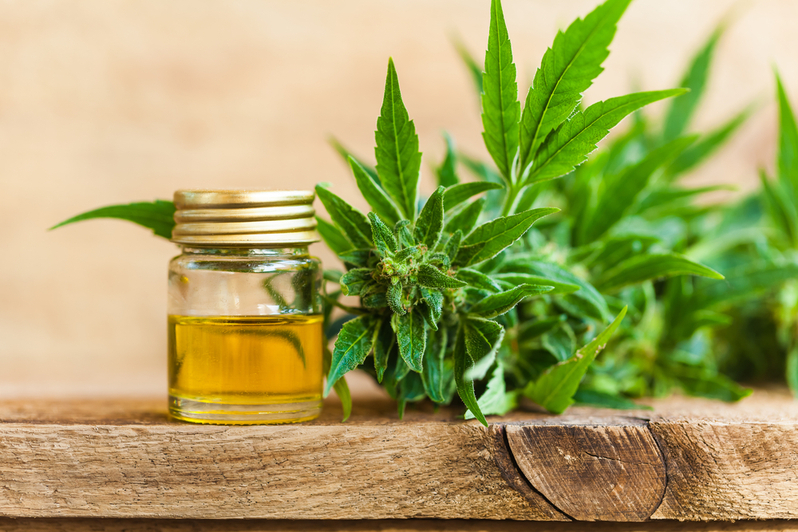

In recent years, the pressure to legalize cannabis has been a hot topic. Across the country, Americans have been pushing for progressive cannabis laws, and in most states, legislators have responded by passing legislation that legalizes cannabis use to varying degrees. Medical or recreational marijuana is legal in all states, excluding South Dakota, Nebraska, and Idaho. In response to the rise of legalization, a new cannabis product, cannabidiol (CBD) oil, has emerged on the market.
If you live in a state where CBD is legal, you’ve probably noticed CBD wellness products in unexpected places. Coffee shops sell CBD lattes and beauty stores boast the benefits of their CBD skin care products. In 2019, Louisiana passed legislation that clearly defines a legal framework for CBD products. While the legislation legalized hemp-derived CBD oil and a range of other CBD products, there are a number of restrictions to be wary of. If you are unaware of specific CBD restrictions, you could unknowingly be in illegal possession of CBD products and potentially face severe consequences.
What is CBD?
Despite CBD’s popularity, there remains a lot of confusion on what CBD is and how it differs from THC. CBD is a chemical compound that can be extracted from hemp or marijuana plants. However, in a number of states, marijuana-derived CBD is illegal.
Most of the CBD products on the market are extracted from hemp. Hemp plants produce over 400 chemical compounds; approximately 60 of them fall under the umbrella of cannabinoids. When ingested or applied topically, the cannabinoids in CBD products interact with the natural cannabinoids found in your body’s endocannabinoid system. The resulting chemical interactions produce a range of physical effects.
THC is responsible for producing the psychoactive effects commonly associated with marijuana, whereas CBD is thought to hold most of the plant’s therapeutic, medicinal effects. Researchers have found a number of CBD-related health benefits, including anti-anxiety and anti-inflammatory properties. For this reason, CBD attracts a broad scope of consumers. Anyone struggling with mental health issues or arthritis might use CBD products to treat their condition.
What to Know About CBD Laws in Louisiana
In early 2019, the Louisiana Board of Pharmacy and the Louisiana Office of Alcohol and Tobacco Control (ATC) began to notify businesses selling CBD products that their products were illegal. The agencies claimed that selling CBD products was illegal because there were no state laws distinguishing hemp-derived CBD from marijuana-derived CBD. In response, Governor John Edwards signed House Bill 491, which provides a guideline for legal and illegal use of CBD in Louisiana. House Bill 491 specifies what constitutes a legal CBD product and outlines a number of regulations related to CBD labeling, production, and retail use. The most important specifications outlined in House Bill 491 include:
- Hemp plants with less than 0.3 percent THC are legal in Louisiana
- CBD products derived from legal hemp plants are also legal
- To sell any hemp-derived CBD product, you must obtain a license from the Louisiana ATC
- All CBD products must have appropriate labeling showing that they have been tested for legal levels of THC
Illegal Possession of Cannabis Products in Louisiana
It is very important to distinguish legal and illegal possession of cannabis oils. Although a lot of progress has been made in cannabis legislation, illegal possession of cannabis products is a serious offense. In Louisiana, any CBD or THC oil derived from the marijuana plant is illegal.
Many states, including Louisiana, classify THC as a Schedule 1 drug. If you are caught in possession of products with an illegal percentage of THC, you could be at risk for penalties, fines, and incarceration.
Contact a Louisiana Marijuana Defense Attorney
If you’ve been arrested for possession of products containing an illegal percentage of THC, you should contact an attorney as soon as possible. At John D. & Eric G. Johnson Law Firm, we have the expertise and experience to best represent your case in court. Attorney Eric Johnson knows how to devise a winning defense strategy. With over 25 years of experience, he is a problem solver who is committed to thoroughly investigating your case. To schedule a free consultation, call (318) 377-1555 or complete our online contact form.
